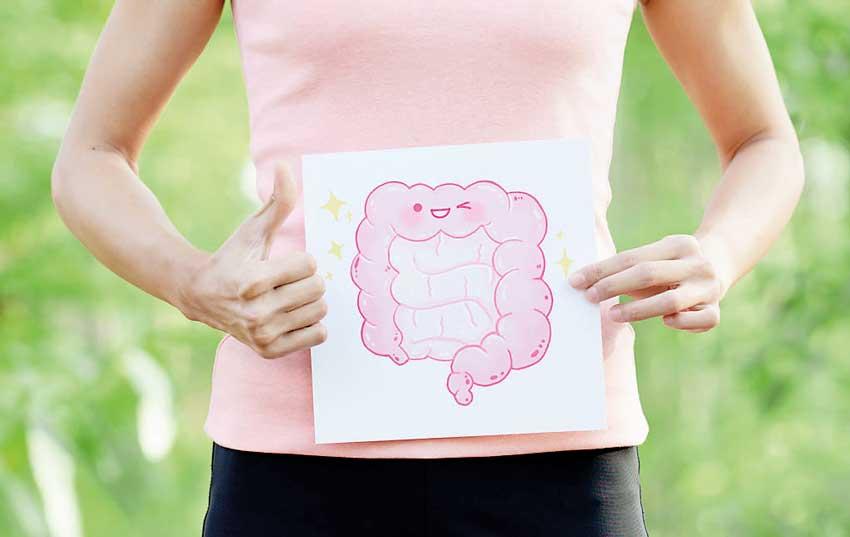

We tend to turn a blind eye to matters that seem trivial such as passing urine. But ignoring one’s bladder health would lead to discomfort in our day to day lives and may lead to further complications that would prove to be detrimental to one’s wellbeing. According to Consultant Urological Surgeon at the National Hospital of Sri Lanka, Colombo, Dr. Manjula Wijewardena, the human bladder is a dynamic muscular structure with sensors and effectors under a complex neural control.
“We start life with an untrained bladder and gradually by about one and half years gain full control of it. When the bladder is looked after well, it will allow the owner peace of mind to get on with important matters of daily life without thinking about passing urine,” Dr. Wijewardena explained. However, one might experience disruption of normal bladder functions as a result of several causes.
Causes for disruption of bladder functions
Dr. Wijewardena said that although many pathologies affect the bladder, all of them need not be found in it. Common causes that are within the bladder are bladder stones, infection or growths. There are several outside causes that may affect bladder function. The commonest example for an outside cause for difficulty in emptying the bladder in males is prostate enlargement. The prostate is a reproductive organ in males that encircles the bladder outlet. An obstructed bladder outlet is rare in females and usually would be caused by injury to the urethra at the time of child birth.
Bladder function could also be affected by damage to nerves that control the bladder. It could be the local nerve fibers, spinal cord or the brain. Diabetes mellitus is the commonest cause of damage to local nerves. An injury to the spinal cord could affect the bladder. Many brain conditions affect the bladder. In addition, the things we eat, drink or various medications and recreational substances like tobacco smoking could have a negative impact on bladder function.
Signs and symptoms to be concerned about
“The bladder is an unreliable witness. There are no unique symptoms to any particular condition,” Dr. Wijewardena explained. Some symptoms may suggest a more imminent threat while others may prove to be bothersome but not dangerous.
Blood in urine (haematuria) - This is the most alarming symptom. In a person older than 40 years the possibility of a bladder cancer should be considered. If a person experiences haematuria, he/ she should seek prompt attention of the doctor. Burning sensation of urine (dysuria) - This generally suggests infection it should not be ignored by a patient. He/she should seek immediate medical attention.
Urine leakage- This may occur as a result of weak valves or over active bladder wall. At worst it could also be an overflow due to blocked outlet.
Lower Urinary Tract Symptoms (LUTS) - Bladder symptoms such as frequency, urgency, hesitancy, poor stream, intermittent stream, dribbling, poor emptying are now all grouped together as one symptom complex known as lower urinary tract symptoms (LUTS). Although these symptoms are very bothersome they are not dangerous.
Maintaining optimal bladder health
In Dr. Wijewardena’s opinion, most conditions such as infection, bladder stones, and even bladder cancers could be reduced by adhering to healthy lifestyle. However, causes such as prostate enlargement and nervous system disorders cannot be avoided. The best way to look after the bladder is to pay attention to body signals.
Initially one must obey the thirst signal. Drinking fluids should be spread throughout the day and restricted after dark. In a tropical climate like ours a total of 2 litres of various types of fluids per day are recommended. This could help to avoid infection and urinary stones. The best and safest fluid, while on the go, is water. “We store urine most of the time. In a 24 hour period we store urine for 23 hours and 58 minutes and void for about 2 minutes. This means we should pass urine about 6-7 times per day with each passage taking about 20 seconds,” Dr. Wijewardena commented.
If the bladder prompts to pass urine, one must make an effort to empty it rather than suppress it until he/ she goes home to their own washroom. This is a common practice among schoolgirls and women at workplaces in the absence of ‘decent’ washrooms. This practice during a younger age is a sure cause for infection or the inability to pass urine after child birth or during old age which would in turn result in the need for a urinary catheter.
“School authorities should pay more attention to maintain an adequate number of clean toilets with a solid supply of clean water to prevent possible bladder damage in children,” he emphasised while adding “In addition, the authorities should provide facilities for clean drinking water and clean washrooms in public places.”
Other practices that are useful to maintain optimal bladder health are,
1. Avoid tobacco smoking or chewing
2. Avoid constipation
3. Eat probiotic food (curd, yoghurt) and generous quantity of citrus fruits
4. Consume spices like chilies both green and red
5. Get regular exercise through activities such as walking, cycling, jogging, yoga, etc.

 We tend to turn a blind eye to matters that seem trivial such as passing urine. But ignoring one’s bladder health would lead to discomfort in our day to day lives and may lead to further complications that would prove to be detrimental to one’s wellbeing. According to Consultant Urological Surgeon at the National Hospital of Sri Lanka, Colombo, Dr. Manjula Wijewardena, the human bladder is a dynamic muscular structure with sensors and effectors under a complex neural control.
We tend to turn a blind eye to matters that seem trivial such as passing urine. But ignoring one’s bladder health would lead to discomfort in our day to day lives and may lead to further complications that would prove to be detrimental to one’s wellbeing. According to Consultant Urological Surgeon at the National Hospital of Sri Lanka, Colombo, Dr. Manjula Wijewardena, the human bladder is a dynamic muscular structure with sensors and effectors under a complex neural control. 